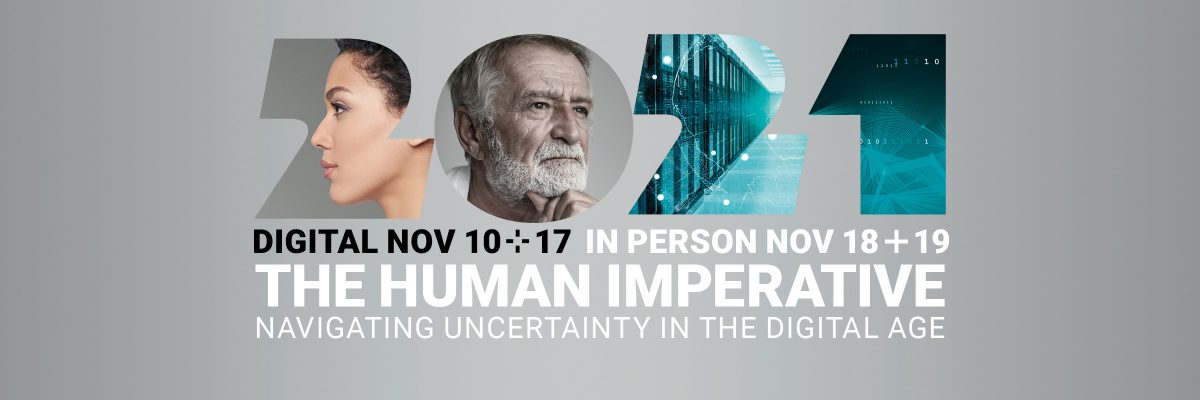
Ask not what the ecosystem can do for you, but what you can do for the ecosystem.
In the ‘paradox of thrift’, saving money is good for the individual consumer, but if everyone saved money the overall economy stagnates.
There is a paradox of managerial thinking in a networked world: staying in the shell of legacy brings internal comfort; but if everyone did it the ecosystem atrophies.
When it comes to innovating the ecosystem re-draws the boundaries of the organization. The value equation expands to include the social context of the system and your role and place in that system. What is at stake is the very shaping of the value the system creates, offering the rewards of enhanced status and influence.
In the age of ecosystems, there is no free ride in a system defined by its constantly evolving value equation. Even if you are on the right track you can be overtaken by the relentless progress of others. Any company that rises to systemic opportunities must be an entrepreneurial company, which begins with managers who think more entrepreneurially across traditional organizational boundaries. Here are two ways to do just that.
Drucker Forum 2019
Forget Right and Wrong
Entrepreneurial thinking starts with recognizing that right-wrong categories apply only to the past. They need facts. Yet there are no facts in the future. Tomorrow brims with possibilities — it is seldom a replay of yesterday.
“Focus on the future” is an unassuming prescription for overcoming the limitations of legacy thinking. By simply looking ahead to a world not nailed down by facts and supercharged by ever-growing networks, the right-wrong label is always behind you — and it can never catch up with you.
The “kick in the teeth” of rejections and setbacks become signals of what does not work and serve as props for learning. To call such experiences “failures” is to remain locked in the past.
Look for what’s not there
Managers need to look for what’s not there, products or services that will address what Drucker calls incongruities of daily life and leverage evolving values and meaning.
Brian Chesky saw air beds in a world of ample hotels and motels, while James Dyson had a vision of a bagless vacuum in a world of bags.
Entrepreneurial thinking relies on what is possible in the marketplace and prompts us to “imaginate” (an old Scottish word) beyond what there is. Managers must look for what’s not there, empowered by the words of George Bernard Shaw: You see things as they are, and you ask “Why?” But I dream things that never were, and I ask “Why not?”
Being entrepreneurial values doing for the sake of doing. Only action can provoke the world to respond. Invite serendipity by keeping things in motion; remember: the future is shaped not by past facts but possibilities yet to be realized.
About the Authors:
Joseph Pistrui is Adjunct Professor of Entrepreneurship & Innovation at IE Business School in Madrid, and co-founder of Kinetic Thinking.
Dimo Dimov is Professor of Entrepreneurship & Innovation at Bath University in the UK, and co-founder of Kinetic Thinking.
This article is one in the Drucker Forum “shape the debate” series relating to the 11th Global Peter Drucker Forum, under the theme “The Power of Ecosystems”, taking place on November 21-22, 2019 in Vienna, Austria #GPDF19 #ecosystems


One comment